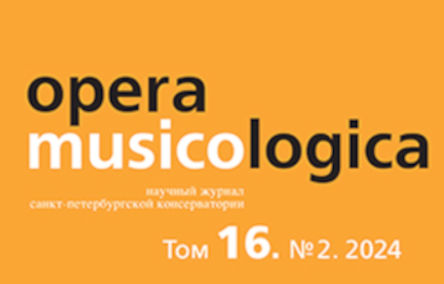
Linguist’s Review of Beregovsky’s Index
Linguist’s Review of Beregovsky’s Index
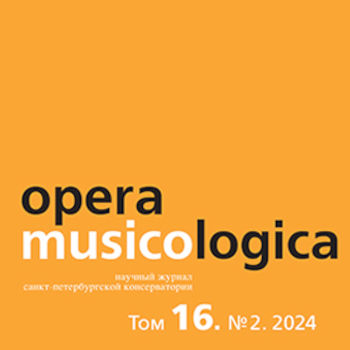 Opera Musicologica, the academic journal of the St. Petersburg Conservatory, has published a review of the book Moisei Beregovsky: Biobiographical Index produced under the auspices of our project. Beregovsky (1892 – 1961) was a great Soviet Jewish folklorist often considered the foremost ethnomusicologist of Eastern European Jewry.
Opera Musicologica, the academic journal of the St. Petersburg Conservatory, has published a review of the book Moisei Beregovsky: Biobiographical Index produced under the auspices of our project. Beregovsky (1892 – 1961) was a great Soviet Jewish folklorist often considered the foremost ethnomusicologist of Eastern European Jewry.
The reviewer, Dr. Larissa Naidich, is a professor of linguistics at the Hebrew University of Jerusalem. The book’s compiler, Dr. Evgenia Khazdan, is a well known musicologist based in St. Petersburg.
The review’s author notes that the book contains convenient indexes, and that its significance goes far beyond the biobiographical material on the life and work of one individual musicologist. Naidich writes: “One can say with confidence that today no researcher of the Ashkenazi Jewish musical tradition will pass by this Index compiled by Evgenia Khazdan.”
Dr. Naidich emphasizes that the book can also be useful for linguists studying the Yiddish language. We are happy to remind our readers that the electronic version of the bilingual (Russian and English) book on Moisei Beregovsky is publicly available on our web portal and, thanks to the availability of the entire text in English, is accessible to a wide readership in different countries.
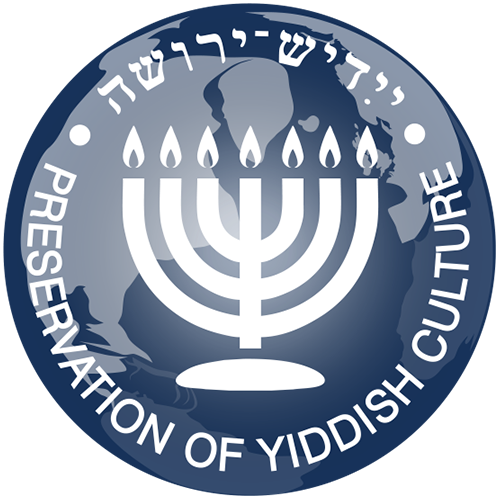

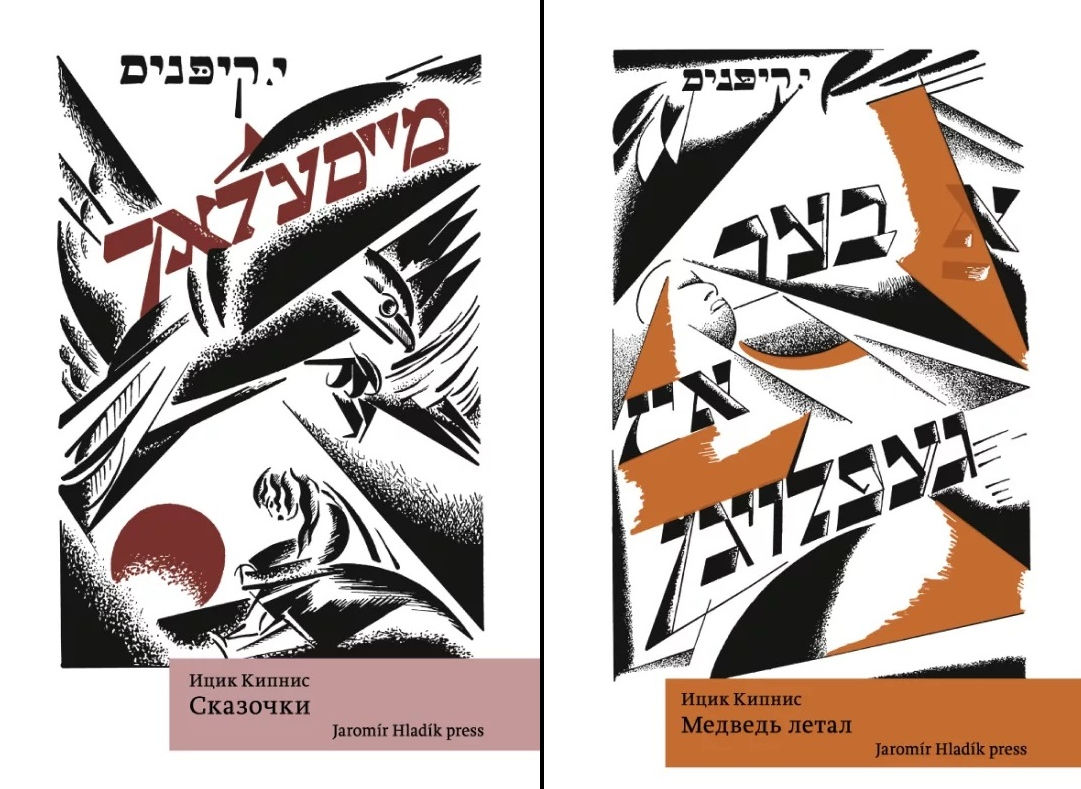

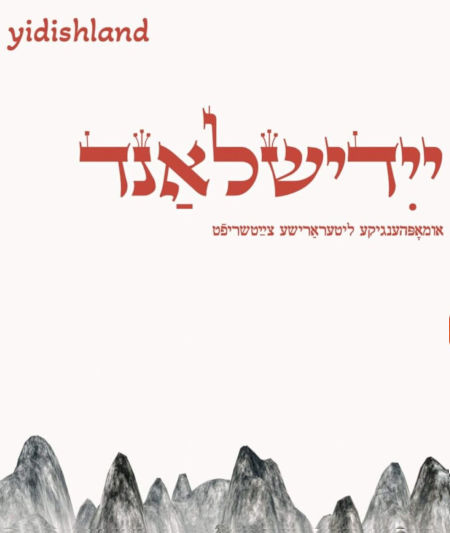 The 23rd issue of the quarterly Yiddish magazine Yidishland, published exclusively in Yiddish, was published in parallel print runs in Israel and Sweden. The issue features a new permanent section devoted to children’s literature. It includes works by the magazine’s editors, famous poets and writers Mikhoel Felsenbaum and Velvl Chernin, as well as two poems by Boris Karloff (the pen name of Dr. Dov-Ber Kerler).
The 23rd issue of the quarterly Yiddish magazine Yidishland, published exclusively in Yiddish, was published in parallel print runs in Israel and Sweden. The issue features a new permanent section devoted to children’s literature. It includes works by the magazine’s editors, famous poets and writers Mikhoel Felsenbaum and Velvl Chernin, as well as two poems by Boris Karloff (the pen name of Dr. Dov-Ber Kerler).
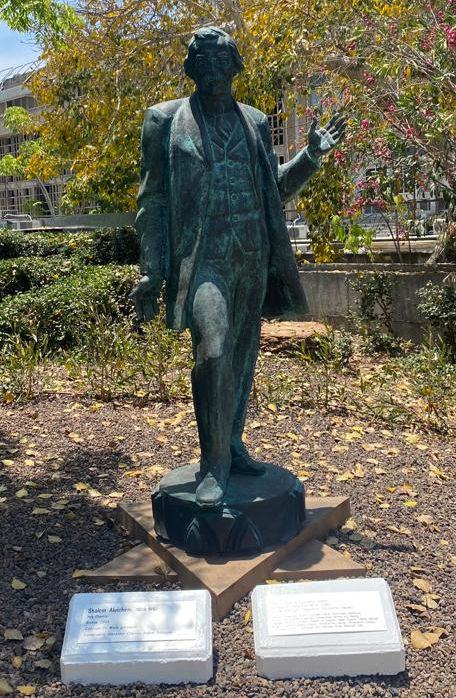 Exactly one year ago, on June 6, 2023, a monument to the great Jewish classic writer Sholem Aleichem was erected on the grounds of Tel Aviv University. This brilliant author wrote in his native language, Yiddish, demonstrating the uniqueness of its culture by his genius style, humor and subtle depictions of the shtetl characters.
Exactly one year ago, on June 6, 2023, a monument to the great Jewish classic writer Sholem Aleichem was erected on the grounds of Tel Aviv University. This brilliant author wrote in his native language, Yiddish, demonstrating the uniqueness of its culture by his genius style, humor and subtle depictions of the shtetl characters.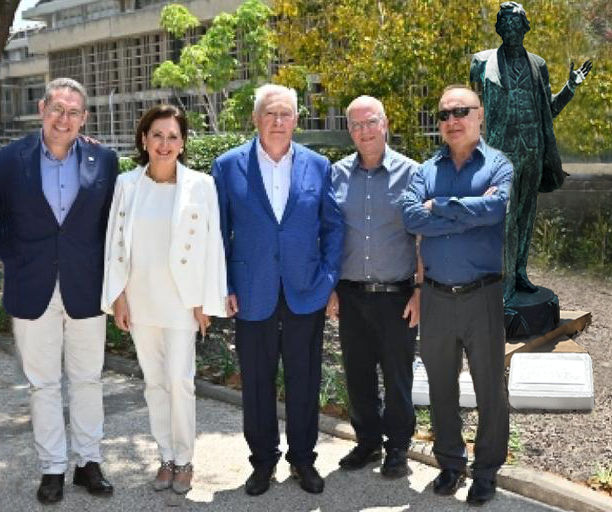
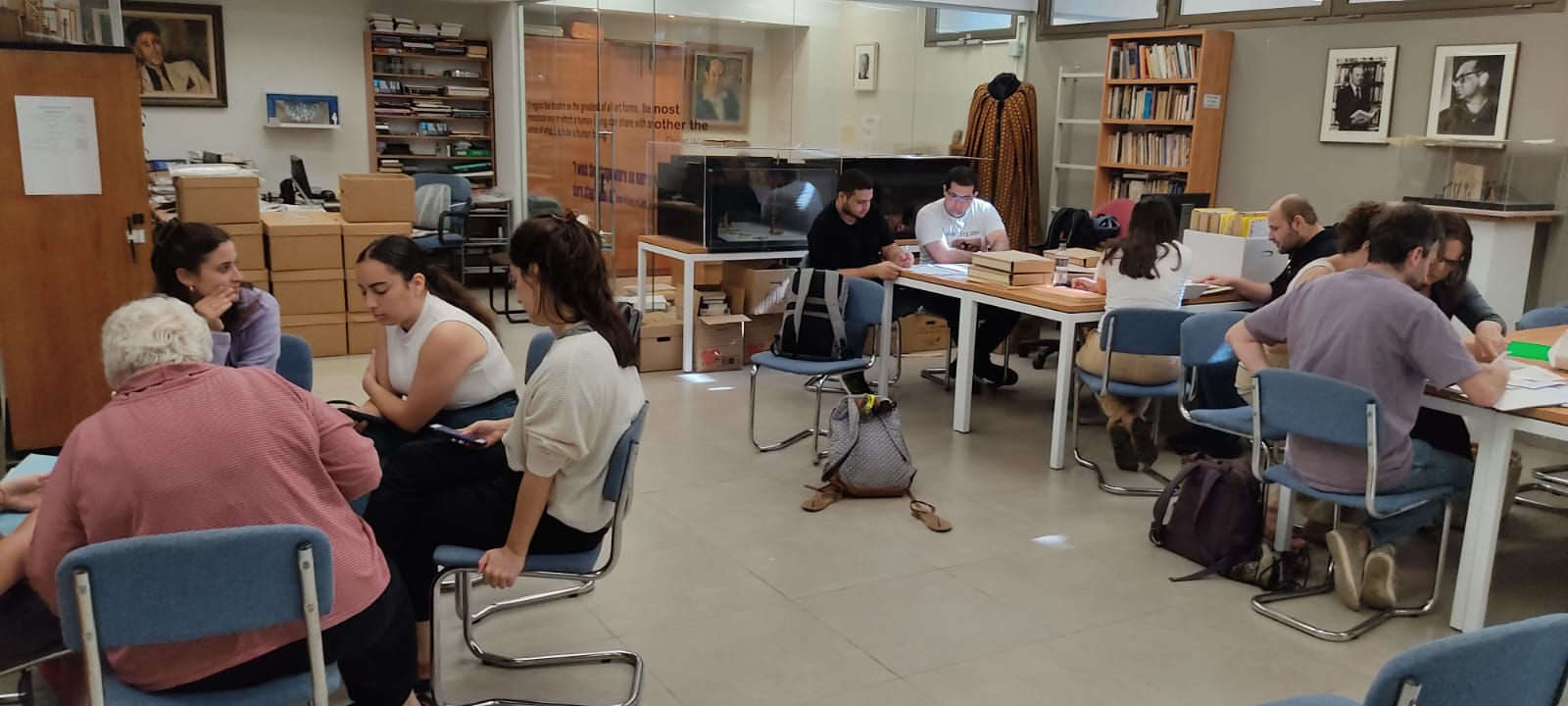
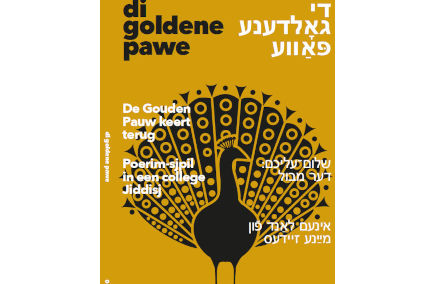
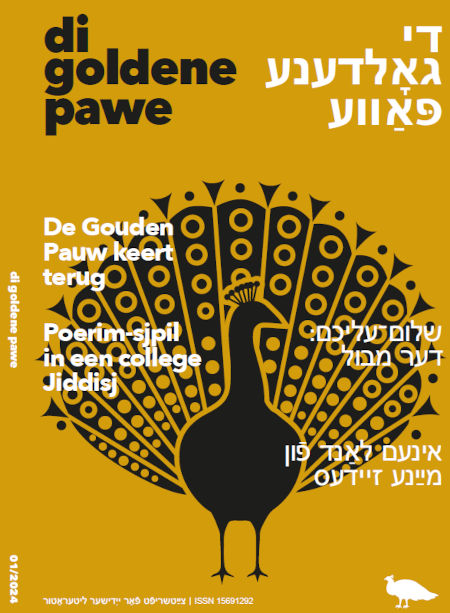 The first issue of the new Yiddish magazine “Di goldene pave” (“The Golden Peacock”) was published in early June 2024 in Amsterdam. The publication is the successor to the previous Amsterdam-based Yiddish magazine “Di grine medine” (“The Green Country”), which has been published since 2000.
The first issue of the new Yiddish magazine “Di goldene pave” (“The Golden Peacock”) was published in early June 2024 in Amsterdam. The publication is the successor to the previous Amsterdam-based Yiddish magazine “Di grine medine” (“The Green Country”), which has been published since 2000.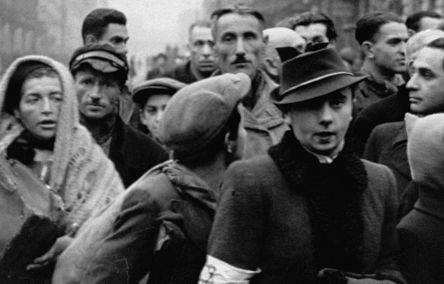
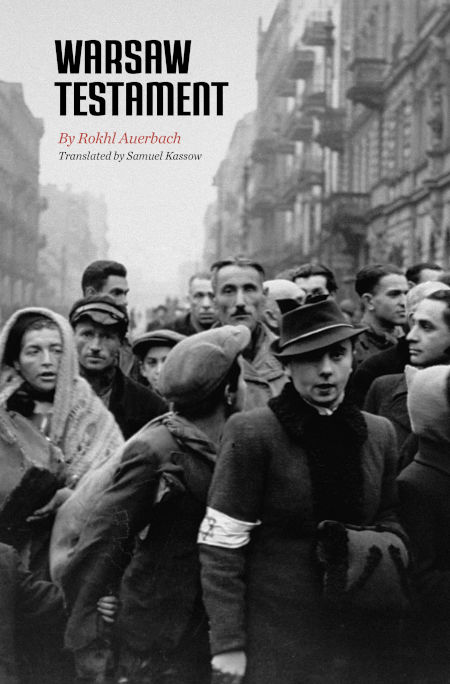 The American publishing house White Goat Press published Rokhl Auerbach’s memoirs Warsaw Testament, translated from Yiddish into English by the American historian Dr. Samuel Kassow.
The American publishing house White Goat Press published Rokhl Auerbach’s memoirs Warsaw Testament, translated from Yiddish into English by the American historian Dr. Samuel Kassow.